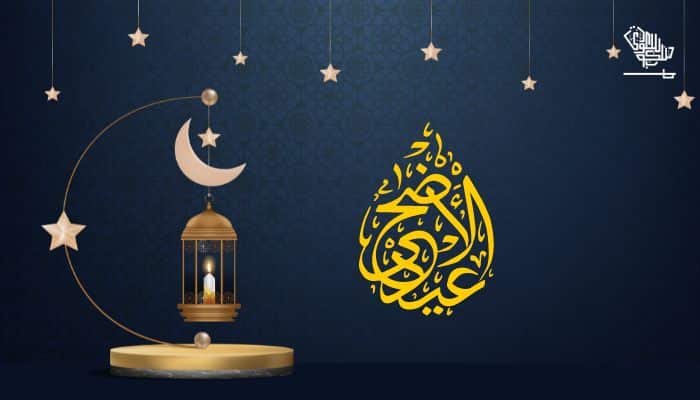Religious Significance of Eid-ul-Adha
Eid ul Adha is known as the festival of sacrifice. Muslims around the world celebrate it on the 10th of the month of Zil Hajj in the Islamic calendar. They celebrate it to memorialize the faithfulness of Prophet Ibrahim and his willingness to sacrifice his son to Allah SWT.
Eid ul Adha signifies the completion of the Hajj. It takes place in Saudi Arabia, which includes Mina, Makkah, and Arafah. Muslims officially perform Hajj from the 8th of Zil Hajj to the 12th of Zil Hajj.
After Hajj, Muslims celebrate Eid ul Adha on the 10th of Zil Hajj, which continues for three days; it is the second major festival in Islam.
Following are the dates, holidays, and many more details about Eid ul Adha in Saudi Arabia.
Dates And Holidays of Eid ul Adha in Saudi Arabia 2023
Eid ul Adha 2023 will start on the 27th of June (10th of Zil Hajj) till the 29th of June. Moreover, every year, Muslims make many special arrangements for the Holy festival, out of which the most prominent is the sacrifice of cattle animals.
The government of Saudi Arabia has announced the public holiday for Eid ul Adha from 28th to 1st July 2023.
How do Muslims celebrate Eid ul Adha?
Muslims worldwide celebrate Eid ul Adha at the end of the Hajj. For those who participate in the Hajj, Eid ul Adha indicates the conclusion of their pilgrimage. The main reason to celebrate Eid ul Adha is to follow the Sunnah of Prophet Ibrahim and his obedience towards Allah SWT.
1st Day of Eid
Muslims start their day by offering the morning Fajr prayers, after which they shower and change into new/good clothes. Most families fulfill the sunnah act of having some dessert before leaving for the annual congregational Eid prayers. The Eid prayer is followed by a sermon that is obligatory.
After the Eid prayers, families across the world sacrifice animals, and the meat is cooked during the day. Sacrificing animals on the first day is not an obligation but a sunnah act (a preferred act).
2nd and 3rd Day of Eid
Muslims continue sacrificing animals throughout the second and third days until the sunset of the third day of Eid. The meat is divided into three equal sections: one for the family’s usage, one for relatives and friends, and the last for the underprivileged people in society.
Conclusion
Conclusively, Eid ul Adha is the second major festival of Muslims, along with Eid ul Fitr. It is followed by the Hajj, an obligatory practice that also serves as one of the five pillars of Islam.
DISCLAIMER: The images/videos/logos showcased on this page are the property of their respective owners. We provide credit and sources wherever possible. However, If you find that your image/video is displayed on this blog without authorization, please contact us with the relevant details, and we will promptly address your concerns.

Khuzaima is a passionate writer with a talent for crafting compelling and thought-provoking content. With a keen eye for detail and a love for storytelling, he brings ideas to life, engaging readers with fresh perspectives and insightful narratives.




